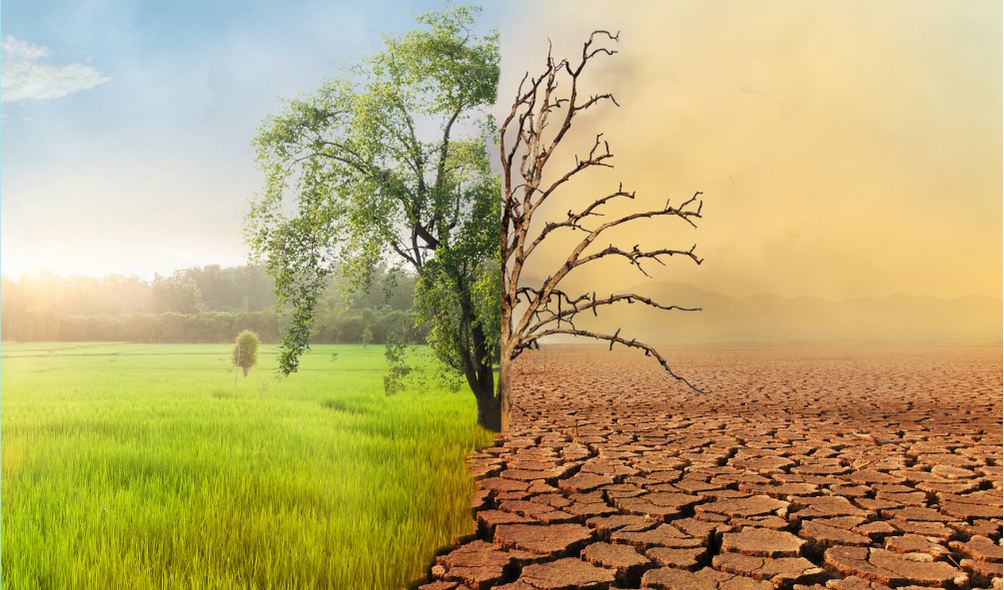
An anti-poverty non-governmental organisation has warned that 93% of climate change vulnerable countries, Zimbabwe included, are at risk of debt due to lack of adequate funding.
This comes as the globe is grappling with severe effects of climate change with the African Development Bank Group (AfDB) estimating that the continent needs approximately US$3 trillion to execute its climate change commitments by 2030.
However, this is considered too little because of other challenges which include limited access to technology due to poor infrastructure, high costs, or limited availability, making building capacity through technology challenging.
On the eve of the summit for a New Global Financing Pact in Paris, Action Aid revealed that branding loans as climate finance risks make vulnerable countries’ problems even worse.
ActionAid International leader on climate justice Teresa Anderson, said: “The Summit for a New Global Financing Pact rightly recognises that climate-vulnerable countries are not getting the funds they need to cope with climate impacts and adopt green technologies. Ambitious climate goals require real money. And that’s where the planet’s climate plan is failing.”
Anderson blamed wealthy countries for their inability to help end the climate change scourge.
“From a climate perspective, loans are utterly counter-productive, as many countries find the only way they can repay their foreign debt is through expanding climate-harming activities such as fossil fuels, deforestation and industrial agriculture.”
She challenged the Paris Summit to put forward real solutions such as unconditional debt cancellation, new tax justice agreements, and scaled-up grant-based finance.
- COP26 a washout? Don’t lose hope – here’s why
- Out & about: Bright sheds light on Vic Falls Carnival
- Zimbabwean to head AfDB’s South Sudan operations
- COP26 a washout? Don’t lose hope – here’s why
Keep Reading
“Not only have wealthy countries failed to deliver on the already insufficient promise of $100bn a year in climate finance, but most of the money provided so far has been in the form of loans rather than grants.
“However, if the Paris summit ends up branding yet more loans as climate finance, this risks making vulnerable countries’ problems even worse.
“Instead, climate targets must be backed with the real cash that is so essential to real climate action. Climate finance is not only about making climate action fair. Climate finance is what makes climate action possible.”
Climate change expert Mabeza said debt issues and lack of adequate funding were greatly affecting the livelihoods of communities in Zimbabwe.
“The reality is that the debt crisis has greatly affected communities in the developing countries who live on the margins of survival,” Mabeza said.
“The impact of the crisis has found its way into the nooks and crannies of our communities to the detriment of their livelihoods. As a climate change researcher, I have always argued that addressing the drivers of vulnerability is critical for communities to adapt successfully to climate change.”










